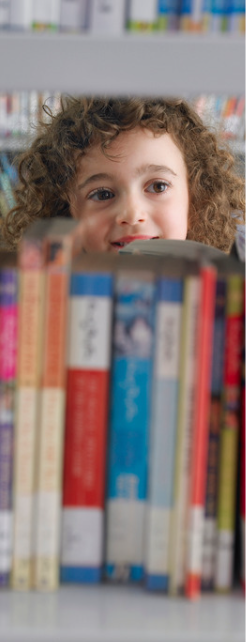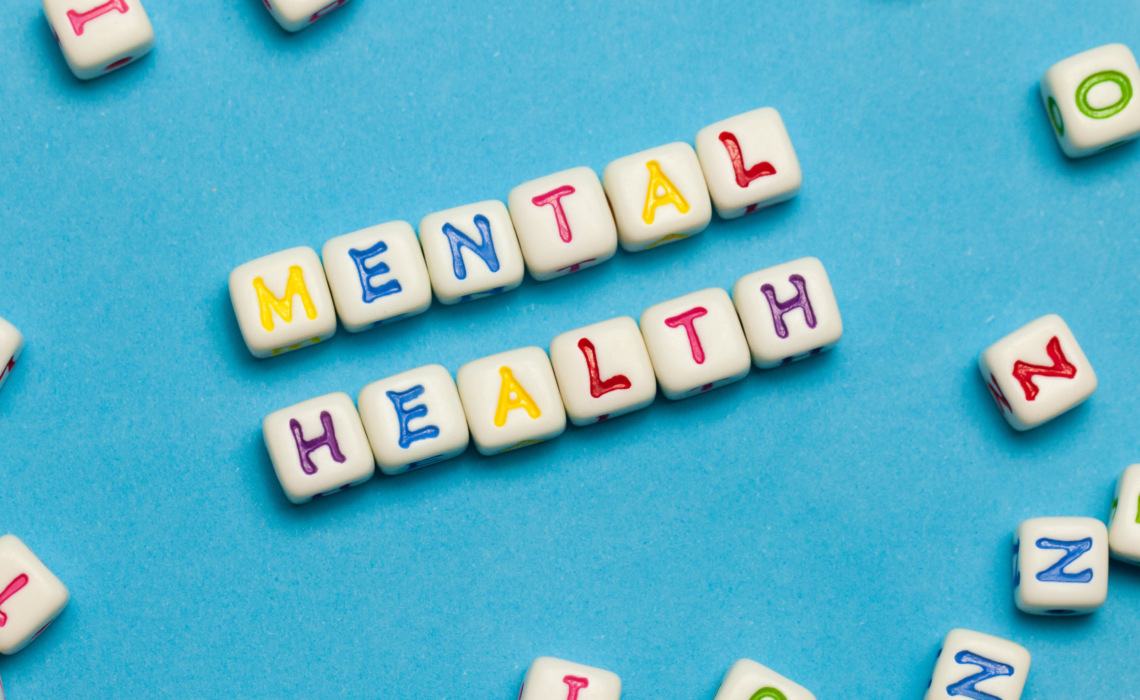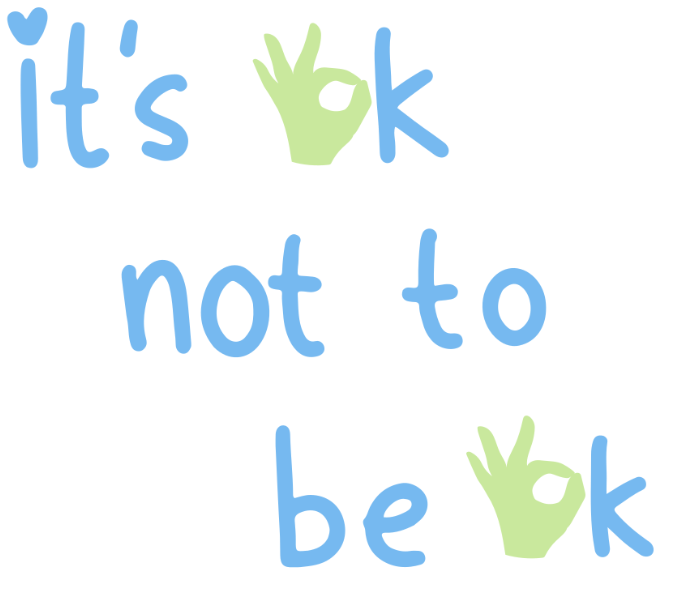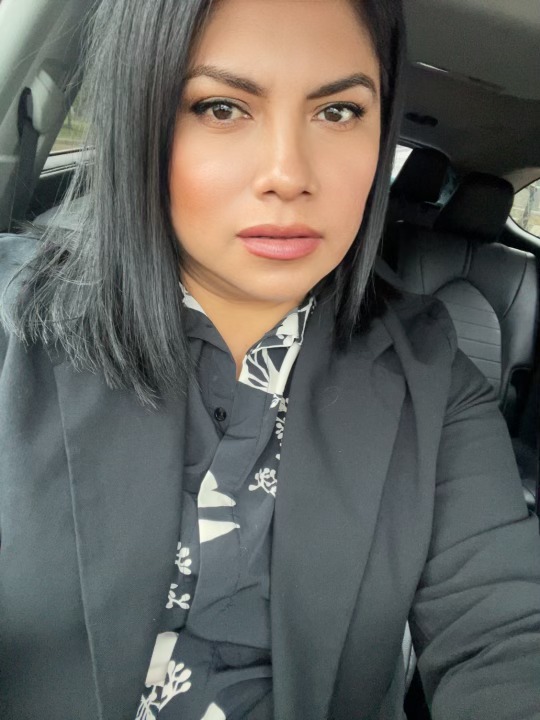Crucial tips for selecting books that encourage social-emotional learning in children
When choosing books intended to support social-emotional learning in the educational environment, it is imperative to keep in mind several key elements.
The selected stories must have the following attributes:

Relatable characters: choose books that feature characters that children can easily identify with, which will encourage a deeper emotional connection.
Appropriate content and reading level: it is essential that both the content and the reading level are adjusted to the age of the children, thus guaranteeing adequate understanding and effective learning.
Familiar language: select books that use accessible and familiar language for children, thus facilitating the understanding and absorption of socio-emotional concepts.
Identifiable stories: look for narratives that reflect identifiable situations for children, which will allow them to relate to the experiences presented in the book.
Cultural and ethnic diversity: prioritize books that promote cultural and ethnic diversity, offering a varied representation of experiences and perspectives.
Practical and realistic solutions: ensure that stories present practical and realistic solutions to social-emotional problems, giving children effective tools to deal with similar situations.
When selecting a book, it is crucial to evaluate the quality of the writing, the target audience, the cultural accuracy, and the authenticity of both the text and the illustrations. Additionally, it is beneficial to consider the possible conversations the book could generate among children and with educators.
Next, there are some suggested titles being provided that meet these criteria:
Self-identity/self-esteem
- You matter (Christian Robinson)
- All the ways to be smart (Davina Bell)
- Alma and how she got her name (Juana Martinez-Neal)
- Where are you from? (Yamile Saied Méndez)
Kindness and respect
- Kindness is my superpower (Alicia Ortego)
- The invisible child (Trudy Ludwig)
- Last stop on market street (Matt de la Peña)
- I walk with vanessa (Kerascoeet)
Emotions and self-regulation
- Why do we cry? (Fran Pintadera)
- The colored monster: a story about emotions (Anna Llenas)
- The boy with big, big feelings (Britney Winn Lee)
- Crabby Pants (Julie Gassman)
Conflicted resolution
- Poe will not go (Kelly DiPucchio and Zachariah OHora)
- The Fort (Laura Perdew)
- The peace rose (parent child press)
- The recess queen (Alexis O’Neill)
Embrace diversity
- Just ask! (Sonia Sotomayor)
- All are welcome (Alexandra Penfold y Suzanne Kaufman)
- What if we were all the same! (C.M. Harris)
- All because you matter (Tami Charles)
Building friendships
- Otto and Pio (Marianne Dubuc)
- Strictly no elephants (Lisa Mantchev)
- How to lose all your friends (Nancy Carlson)
- Stick and stone (Beth Ferry)













